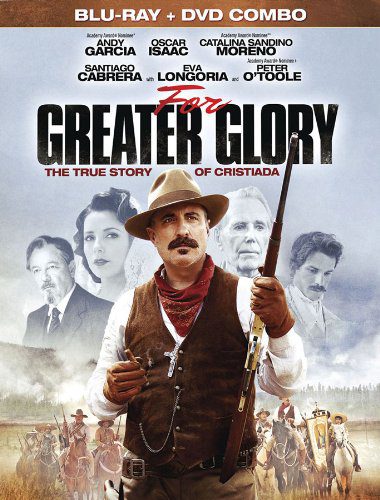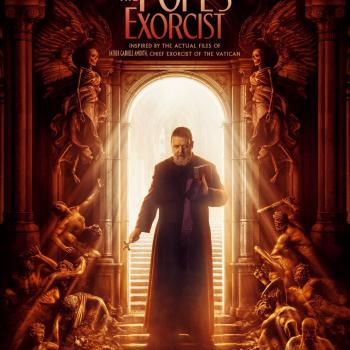In 1917 the Mexican Constitutional Congress adopted a new constitution. It confirmed the separation of church and state first decreed in the 1857 constitution, returned subsoil rights to the government from ownership and control by foreign corporations, established the basis for secular education, and provided for land reforms. Five articles restricted the power and liberty of the Catholic church. These forbade public worship outside of churches, restricted the church’s right to own property, closed monasteries, deprived clergy of civil rights, forbade the wearing of clerical or religious garb, and banned clergy from criticizing the government or commenting on public affairs in the press.
The rigid enforcement of these laws by President Plutarco Elías Calles led to the civil war known as the Cristero War, 1926-29.
Although this tragic conflict may be unknown by this name to many in the United States, many Catholics do know the story of Jesuit Fr. Miguel Pro (1891-1927) who was shot in November 1927 on the order of Calles under the pretext that Pro was part of a plot to assassinate former President Alvaro Obregón. The church canonized Pro in 1988. Calles ordered that the photographs of his killing were to be spread far and wide to discourage the Cristeros; it had the opposite effect.
The history of Mexico is complex and the Catholic church’s place therein is complicated by its wealth and political influence, which stemmed from large land holdings and control over education. This was true in Mexico in 1857 and reiterated in 1917.
Obregón, who was president 1920-24, was not a friend of the church but did little to enforce the constitution and caused little or no upset. But when Calles, a fierce anti-Catholic, became president, he was determined to enforce the law uniformly throughout the land and added specific penalties to infractions. Catholic organizations began to resist. On July 26, 1926, the Mexican episcopate suspended worship and Catholic organizations began a boycott. Federal troops began attacking churches, killing armed laypeople as well as priests. Uprisings began in earnest and this disorganized conflict was the beginning of the Cristero War.
A film about this era has dominated the Mexican box office since it opened April 20, and that film, which is in English, opens in the United States June 1. In many respects the film accurately depicts elements of the Cristero War and key personalities who played a part in it, but questions remain that may send thoughtful viewers straight to the Internet or library.
Our Ministries special section features stories about Bethlehem Farm, prison ministries, a recent conference on disability and inclusion–and more.
The original name of the film was “Cristiada” but changed to “For Greater Glory,” possibly for the U.S. audience.
The film opens by introducing us to retired Gen. Enrique Gorostieta (Andy Garcia), a religious skeptic. His wife (an almost unrecognizable Eva Longoria) implores him to allow their daughters to continue their religious education in the face of Calles’ crackdown on the church. He loves his wife and humors her. Gorostieta owns a soap manufacturing company and he is growing bored. The Cristeros recruit him to organize their revolt against the government.
Next we are introduced to the key characters….
Click here to continue reading my review For Greater Glory ….
Our Pauline Book & Media Centers are carrying it (we already have it but can’t put on sale until Tuesday).













